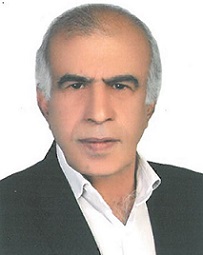C reative
Particle
Higgs
CPH Theory is based on Generalized light velocity from energy into mass.
CPH Theory in Journals
|
Hawking bets CERN mega-machine won't find 'God's Particle' (Update)
|
|
South Africa former President Nelson Mandela (right) meets with British scientist Professor Stephen Hawking in Johannesburg. Hawking has bet 100 dollars (70 euros) that a mega-experiment this week will not find an elusive particle seen as a holy grail of cosmic science, he said.
Renowned British astrophysicist
Stephen Hawking has bet 100 dollars (70 euros) that a
mega-experiment this week will not find an elusive particle seen
as a holy grail of cosmic science, he said Tuesday.
In the most complex
scientific experiment ever undertaken, the Large Hadron Collider
(LHC) will be switched on Wednesday, accelerating sub-atomic
particles to nearly the speed of light before smashing them
together.
"This machine will
probably bring unexpected results that could turn particle
physics on its head," Reeves said.
Source: http://www.physorg.com/news140161003.html
1 2 3 4 5 6 7 8 9 10 Newest articles
|
|
Sub quantum space and interactions from photon to fermions and bosons |
Interesting articles
Since 1962 I doubted on Newton's laws. I did not accept the infinitive speed and I found un-vivid the laws of gravity and time.
I learned the Einstein's Relativity, thus I found some answers for my questions. But, I had another doubt of Infinitive Mass-Energy. And I wanted to know why light has stable speed?
